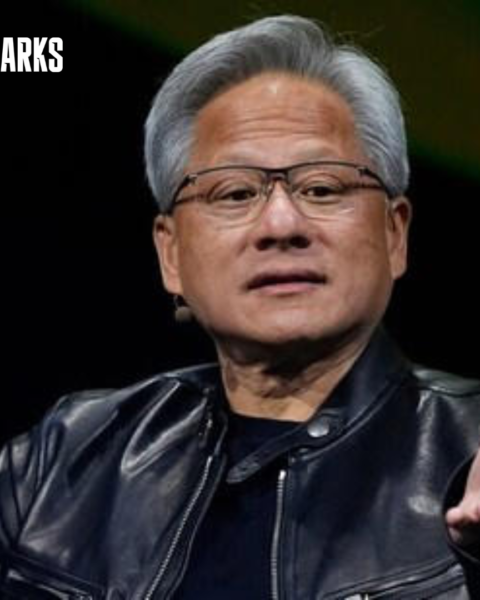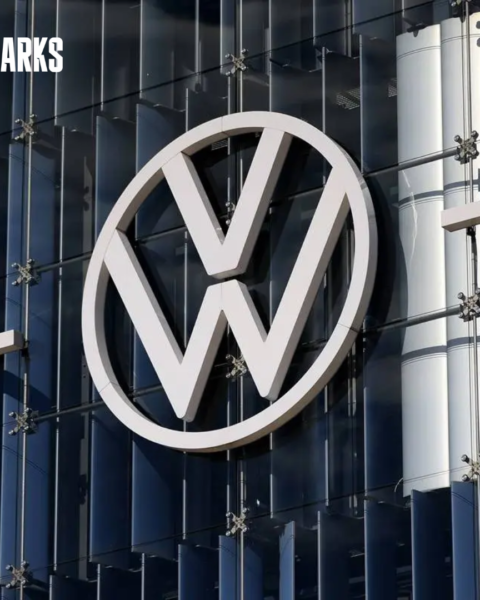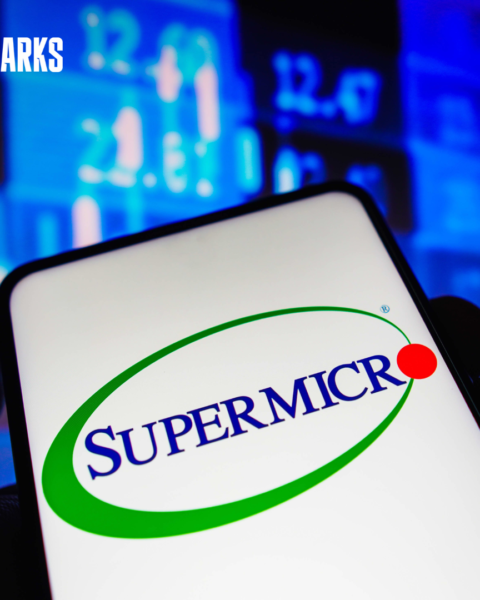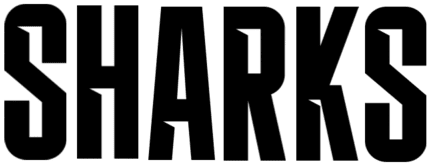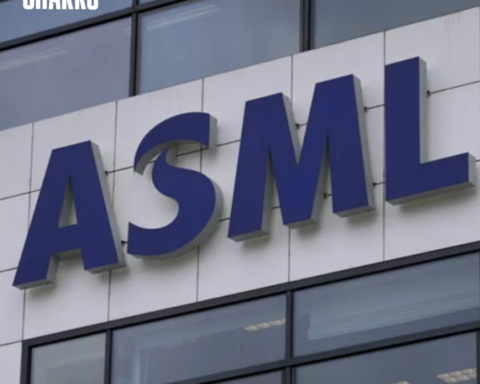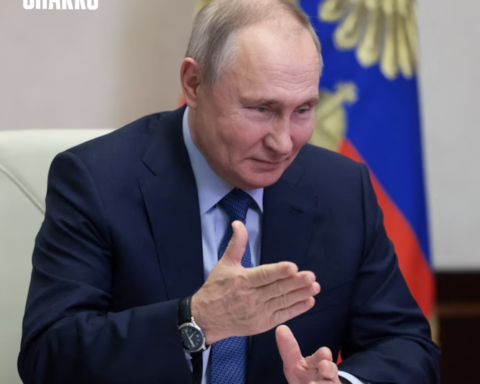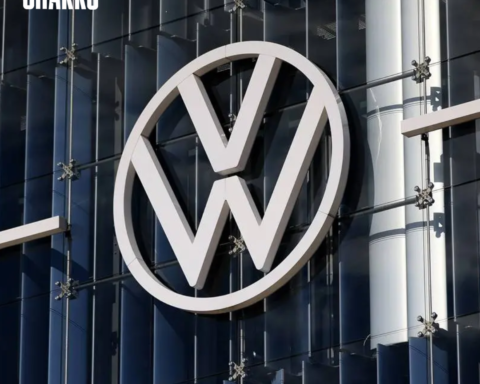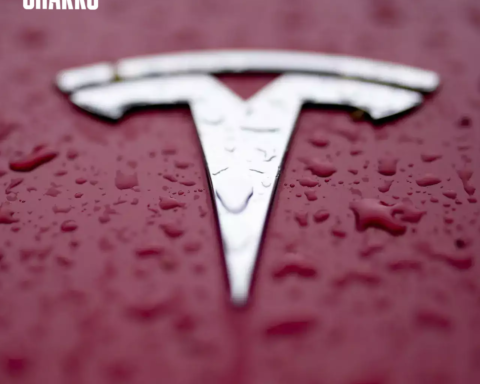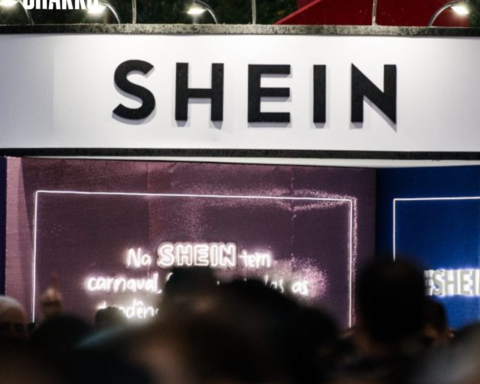China Private Factory Activity Expands at Fastest Pace

Factory activity among China’s private firms expanded at the fastest pace in three years in June, according to the Caixin Manufacturing Purchasing Managers’ Index (PMI). The index rose to 51.8, up from 51.7 in May, marking the sixth month of improvement.
This suggests healthier domestic and international demand for Chinese goods. In contrast, an official government survey revealed a contraction among larger, state-owned manufacturers, highlighting an uneven recovery in China’s economy.
Caixin vs. Official PMI:
The Caixin PMI, compiled by S&P Global, exceeded market expectations and indicated robust performance among export-oriented and consumer-related companies. Meanwhile, the National Bureau of Statistics (NBS) PMI remained unchanged at 49.5, signaling contraction for the second consecutive month.
The NBS survey focuses more on manufacturers of industrial materials like steel, cement, and chemicals, sectors that are more sensitive to a slowdown in fixed-asset investments.
Economic Reality and Sectoral Differences:
Goldman Sachs analysts attribute the divergence between the Caixin and official PMIs to the differences in their cover sectors. The Caixin survey’s positive results reflect strong demand for consumer and intermediate goods, whereas the official PMI’s contraction underscores weaker investment in industrial materials.
Continued Improvement with Caution:
Wang Zhe, senior economist at Caixin Insight Group, noted that the manufacturing sector saw improvements in supply, domestic demand, and exports in June. While specific customs data for June is pending, May’s statistics showed a 7.6% year-on-year increase in exports, exceeding analysts’ forecasts.
Challenges Ahead:
Despite the positive trends, manufacturers are cautious about the future. Tariff announcements from the US and the European Union have dampened sentiment.
The gauge for future output expectations in the Caixin index dropped to its lowest level since November 2019, driven by concerns over economic pressures and intense market competition.
Impact of Tariffs:
The EU has announced additional tariffs of up to 38.1% on electric vehicles (EVs) imported from China, citing Beijing’s unfair support for its companies.
These provisional tariffs are set to apply by July 4, with the investigation concluding on November 2. Similarly, the US recently increased tariffs on Chinese EVs from 25% to 100%, aiming to boost American jobs and manufacturing.
Share This
Tony Boyce is a seasoned journalist and editor at Sharks Magazine, where his expertise in business and startups journalism shines through his compelling storytelling and in-depth analysis. With 12 years of experience navigating the intricate world of entrepreneurship and business news, Tony has become a trusted voice for readers seeking insights into the latest trends, strategies, and success stories.

